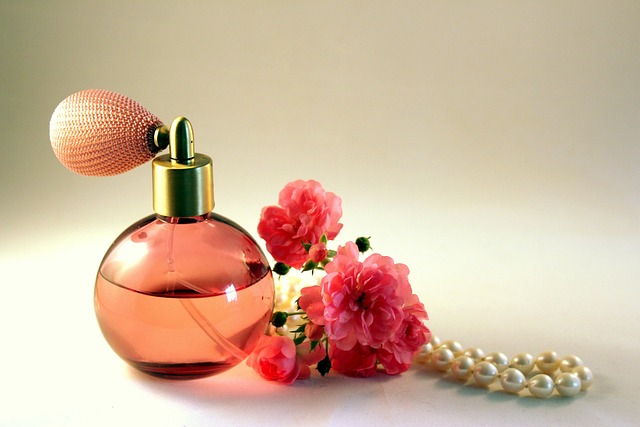Maceration is a process used in various industries, primarily in winemaking, herbal medicine, and perfumery. It involves soaking materials in a liquid to soften them and extract essential compounds. But what makes this technique so special, and why is it widely adopted? Let’s delve into its intricacies.
Historical Overview of Maceration
Maceration has roots that trace back centuries. Ancient civilizations recognized the power of soaking materials to extract flavors, scents, and medicinal properties. From the winemakers of ancient Rome to the herbalists of medieval Europe, maceration has been a cornerstone of many practices.
The Science Behind Maceration
At its core, maceration is a physical process. The soaking action allows the solvent (usually a liquid) to break down the cell walls of the material, facilitating the release of its essential compounds. This process can be influenced by factors like temperature, duration, and the choice of solvent.
Maceration in Winemaking
Perhaps the most famous application of maceration is in winemaking. Here, grapes are soaked to extract colors, flavors, and tannins. The length of this process can influence the wine’s character, making it a crucial step for vintners.
Maceration in Herbal Medicine
Herbalists have long used maceration to create tinctures and oils. By soaking herbs in alcohol or oil, they can extract the plant’s medicinal properties. This technique has given rise to many remedies that are still used today.
Maceration in Perfumery
The world of fragrances also owes a lot to maceration. Perfumers soak flowers, woods, and other materials to extract scents. This process can take weeks or even months, but the end result is the captivating fragrances we all love.
Modern Innovations in Maceration
With advancements in technology, maceration techniques have evolved. Modern methods, such as cold maceration and enzymatic maceration, offer faster and more efficient extraction. These innovations ensure that maceration remains relevant in today’s fast-paced world.
The Environmental Impact of Maceration
Like all processes, maceration has an environmental footprint. The choice of solvent, disposal methods, and energy consumption can all impact our planet. It’s essential for industries to adopt sustainable practices to minimize these effects.
Maceration vs. Other Extraction Methods
Maceration isn’t the only extraction method out there. Techniques like distillation, percolation, and infusion also have their merits. Comparing these methods can offer insights into their unique advantages and applications.
The Future of Maceration
As we look ahead, it’s clear that maceration will continue to play a pivotal role in various industries. With ongoing research and technological advancements, we can expect even more efficient and sustainable maceration methods in the future.
FAQs
What is the primary purpose of maceration?
Maceration is used to soften materials and extract essential compounds, flavors, scents, or medicinal properties.
How long does the maceration process typically take?
The duration varies depending on the material and desired outcome. It can range from hours to months.
Can maceration be used for fruits other than grapes?
Absolutely! Many fruits, like berries and citrus, can be macerated to enhance flavors or create products like jams and liqueurs.
Is maceration limited to the food and beverage industry?
No, maceration is also prevalent in herbal medicine, perfumery, and other sectors.
How does temperature influence maceration?
Temperature can speed up or slow down the extraction process. Warmer temperatures generally accelerate maceration, while cooler ones can preserve delicate flavors or scents.
Are there any risks associated with maceration?
If not done correctly, maceration can lead to spoilage or the growth of harmful bacteria. It’s crucial to follow best practices and ensure cleanliness.
What are the alternatives to maceration?
Other extraction methods include distillation, percolation, and infusion. Each has its unique applications and advantages.
Conclusion
Maceration techniques, with their rich history and diverse applications, remain a testament to human ingenuity. From creating the finest wines to formulating potent herbal remedies, maceration has shaped industries and enriched our lives. As we continue to innovate and refine these techniques, the future of maceration looks promising, ensuring its relevance for generations to come.


